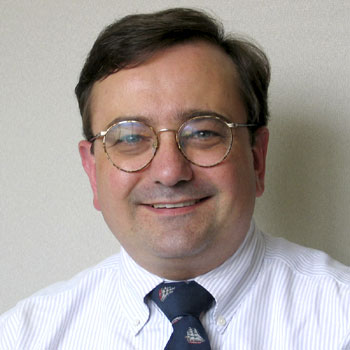A physician’s prescription for responding to the opioid epidemic

Mark Albanese, MD, director of adult outpatient and addictions services at Cambridge Health Alliance (CHA), is a psychiatrist, educator, and scientist who advocates for evidence-based care of opioid dependence and other forms of addiction.
He penned a candid editorial in The Brief Addiction Science Information Source (BASIS), a product of CHA’s Division on Addiction, on how moderation and compassion should be utilized when addressing the opioid epidemic sweeping the country. Dr. Albanese suggests that clinicians should identify situations where opioids should be used and those times that they are counter-productive.
He believes that ceasing to use opioids all together will not relieve the suffering of complex patients. A comprehensive, integrated approach to pain, addiction, and psychological suffering is desperately needed. An investment should be made in this kind of comprehensive care – in addition to implementing measures such as limiting the length of initial opioid prescriptions, mandating physician utilization of prescription databases, and sanctioning physicians who fail to comply with the new guidelines.
Dr. Albanese suggests that a number of factors have gone into the opioid crisis, so a multi-faceted approach is needed to remedy the problem. Finger-pointing in a rush to implement unproven interventions, in an attempt to solve the problem, is not as helpful as utilizing evidence-based approaches and further developing new techniques to the complex suffering of those with pain. During the process, clinicians should remember to show compassion towards the most marginalized in our society. Read more of Dr. Albanese’s editorial here.
Disclaimer
This articles provide general information for educational purposes only. The information provided in this article, or through linkages to other sites, is not a substitute for medical or professional care, and you should not use the information in place of a visit, call consultation or the advice of your physician or other healthcare provider.